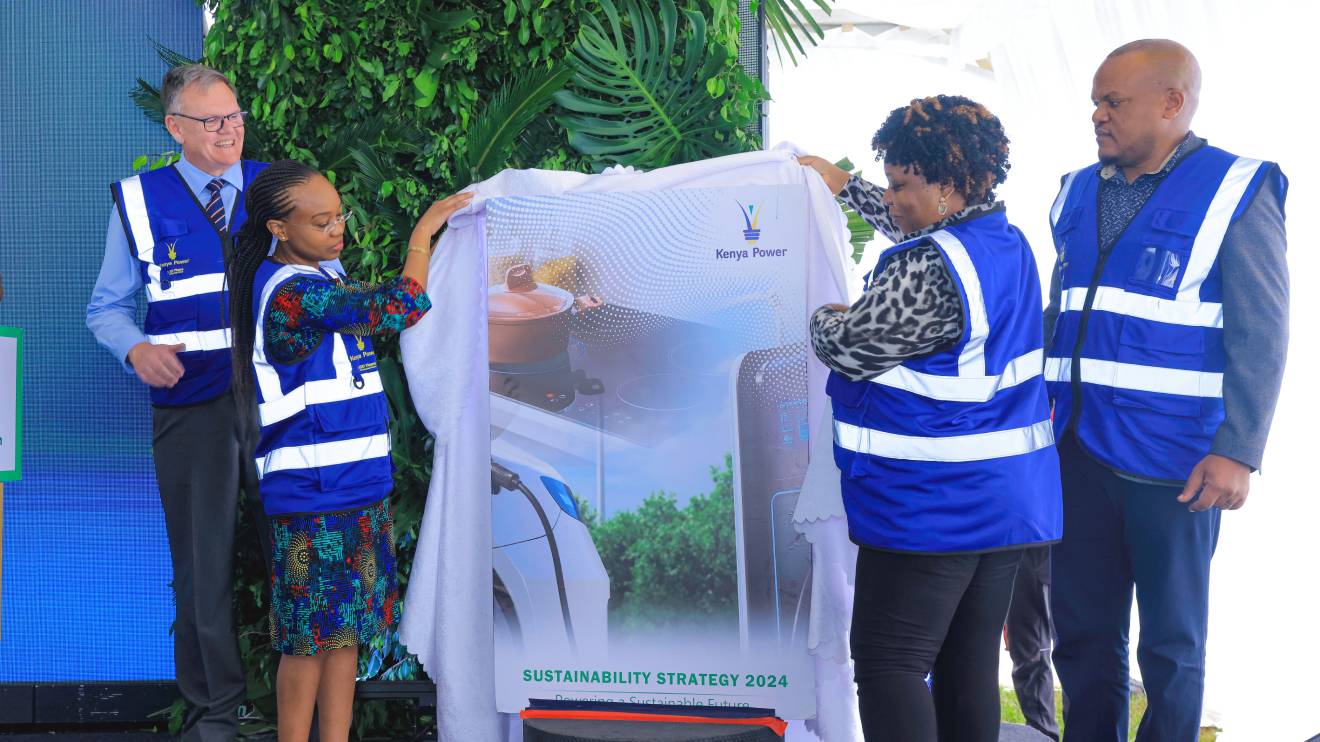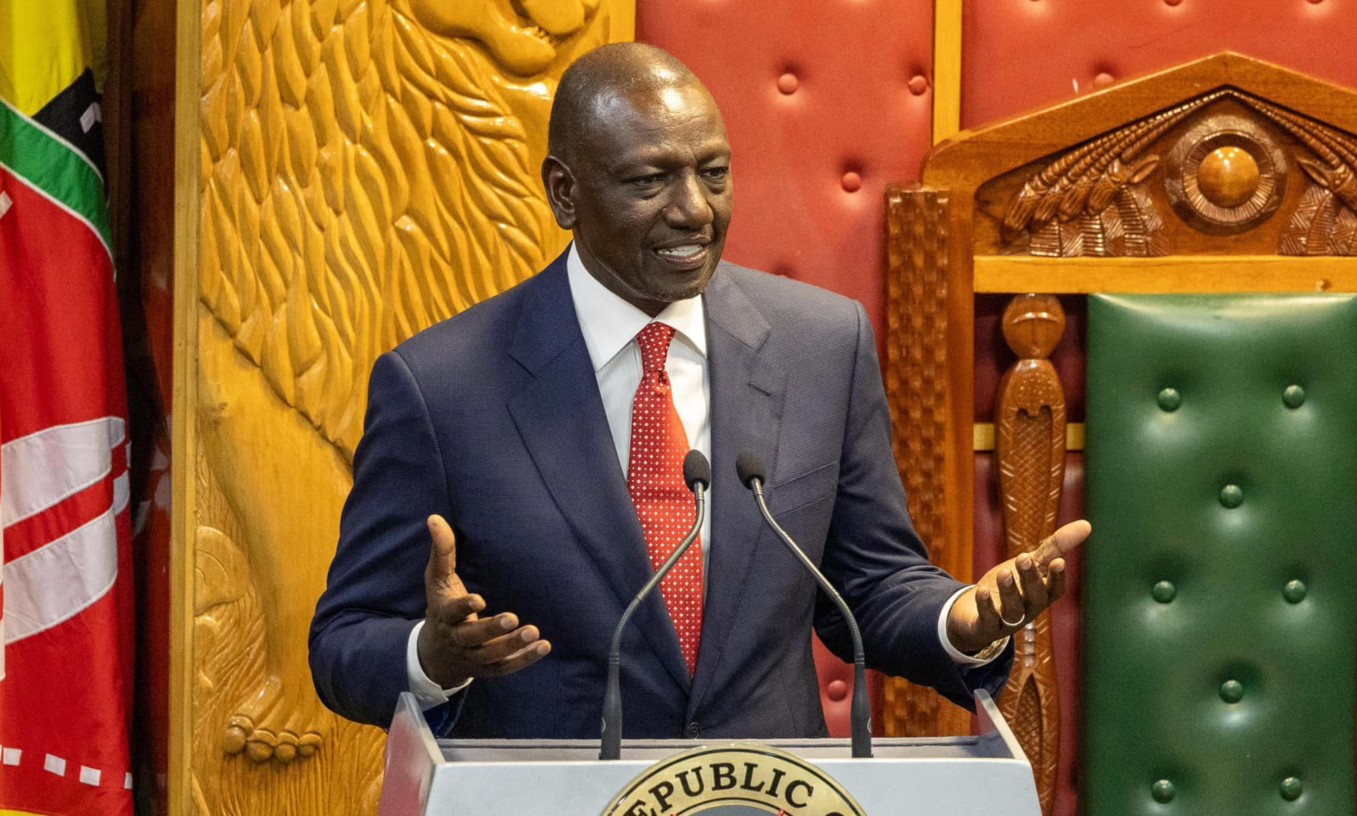Kenya Power is pulling out the big guns in its fight against unpaid bills, as the state-owned utility prepares to deploy debt collectors to counties that have racked up a staggering Sh3.53 billion in outstanding electricity charges.
The move comes amid growing concerns about the financial health of the company, exacerbated by a culture of non-payment among some devolved units.
Topping the list of defaulters are Nairobi City County, owing a hefty Sh1.35 billion, followed by Mombasa and Kiambu Counties at Sh296 million and Sh217 million respectively.
These three counties alone account for over half of the total debt, raising questions about their budgeting and financial management practices.
"KPLC is calling for the provision of debt collection services that entail the assignment of a specific debt to a Private Debt Collector(PDC)," stated Kenya Power in a tender document, highlighting the seriousness of the situation.
Read More
"The total debt is Sh3,536,500,000."
The company plans to offload the task of recovering these funds to private debt collectors, who will be paid a commission for successful collections.
“Payment of the debt will be done directly to KPLC by the debtor and the private debt collector paid commission for such collection,” clarifies the document, outlining the collection process.
This has raised concerns among residents, fearing potential disruptions in essential services like street lighting and hospitals, heavily dependent on reliable power supply.
Other notable defaulters include Elgeyo Marakwet (Sh190 million), Machakos (Sh180 million), Kisumu (Sh144 million), and Kilifi (Sh131 million). These counties could face similar consequences if they fail to settle their outstanding bills promptly.
However, not all counties are in hot water. Lamu, Tana River (Sh1 million each), Mandera (Sh1.2 million), Tharaka Nithi (Sh1.5 million), and Turkana (Sh1.8 million) have significantly smaller outstanding balances.
The issue isn't new, and the government has previously tried to intervene.
Last year, the National Treasury issued a circular urging county governments to settle their debts with Kenya Power and include them in their budgets.
Treasury Cabinet Secretary Njuguna Ndung'u emphasized the importance of adhering to the Public Finance Management Act to avoid disruption to the company's operations.
However, this isn't the first time Kenya Power has resorted to debt collectors.
The company has previously employed their services, highlighting the ongoing struggle with customer defaults, particularly among postpaid customers who fail to settle their bills on time.
While the deployment of debt collectors may be a necessary step for Kenya Power to recover its dues, it also raises concerns about the financial health of some counties and their ability to manage their resources effectively.
The significant outstanding bills could potentially impact service delivery and development projects within these counties, ultimately affecting residents.
It remains to be seen whether this latest measure will be enough to address the issue of non-payment and ensure the financial sustainability of both Kenya Power and the indebted counties.
Moving forward, a multi-pronged approach that addresses the root causes of defaults, promotes fiscal responsibility, and explores alternative payment solutions might be necessary to break the cycle of debt and ensure reliable electricity access for all Kenyans.

-1706166046.jpeg)
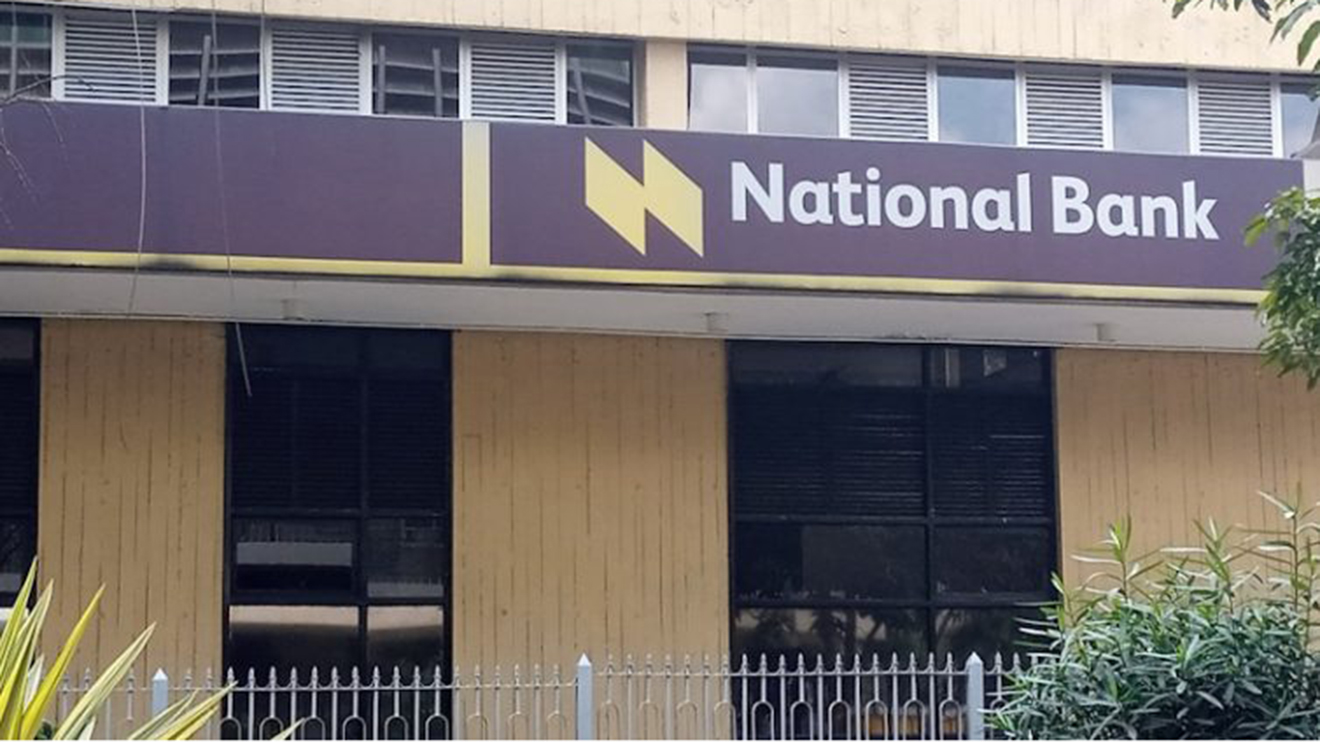
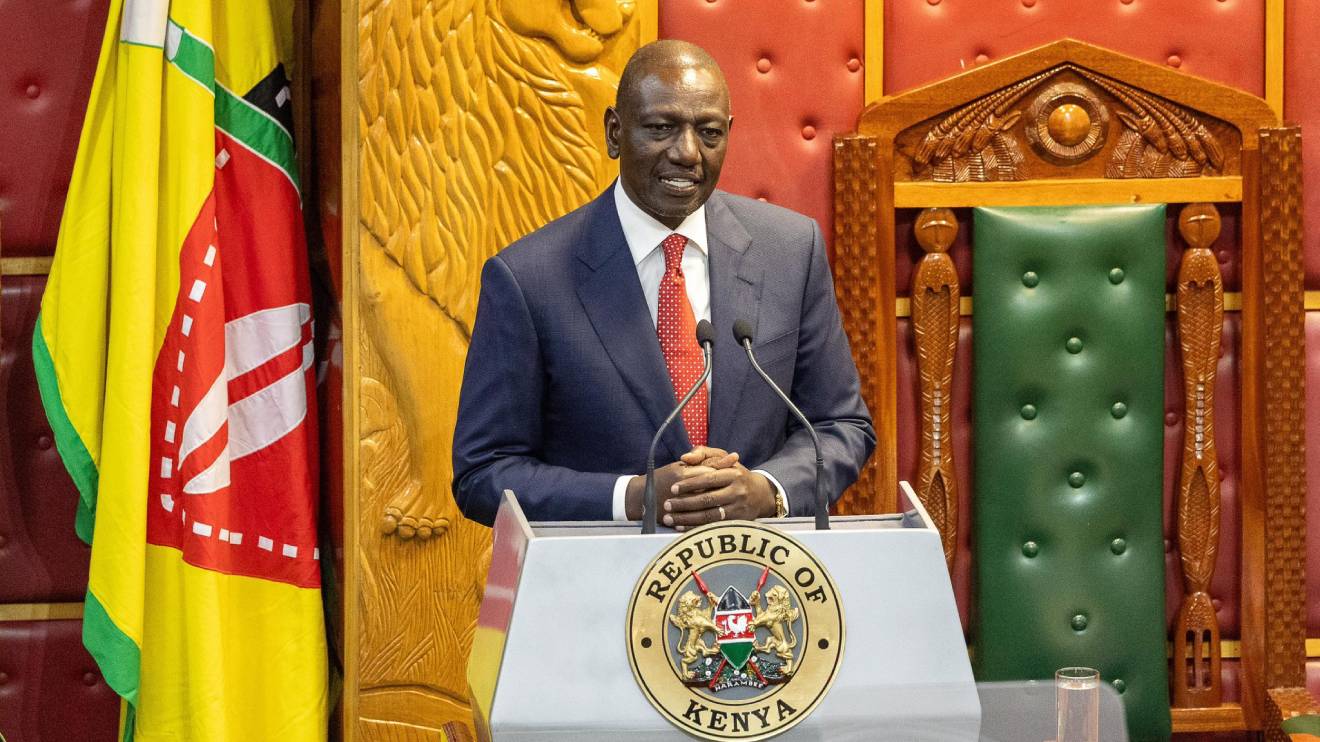
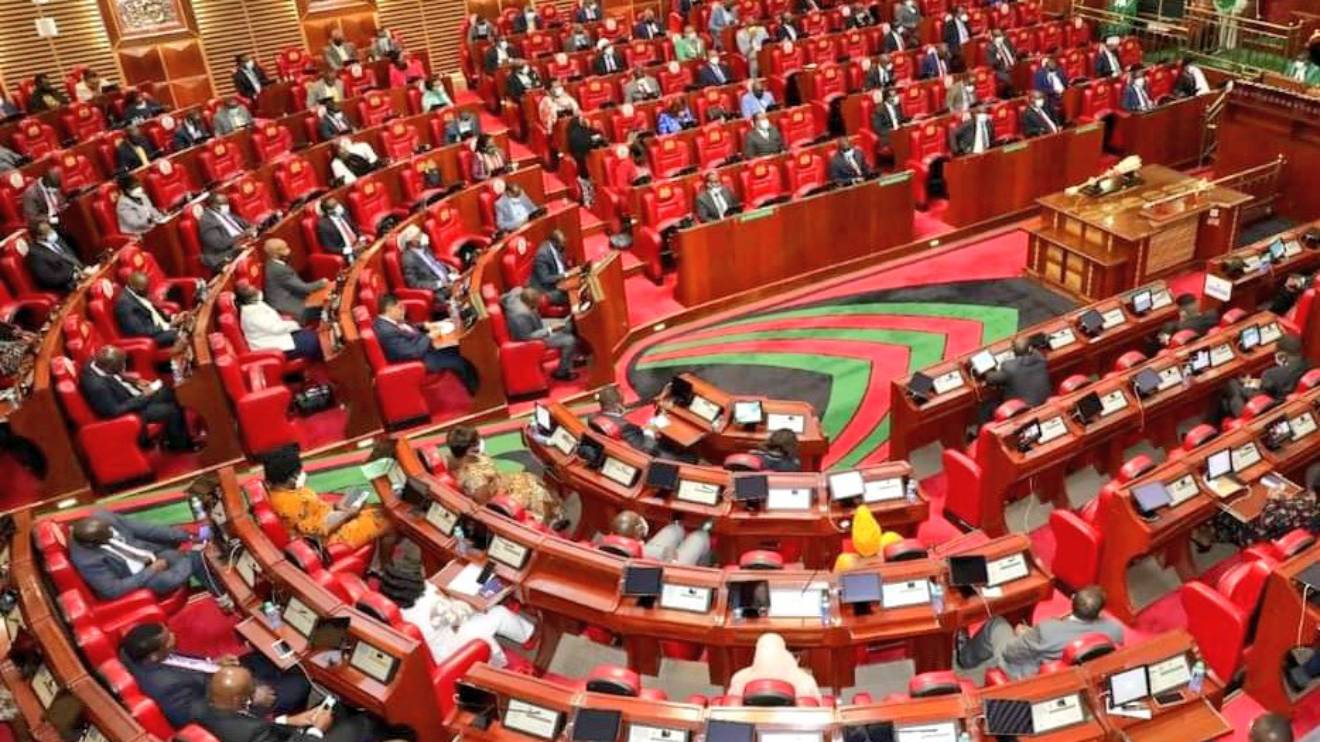
-1732228005.jpg)
-1732185003.jpg)

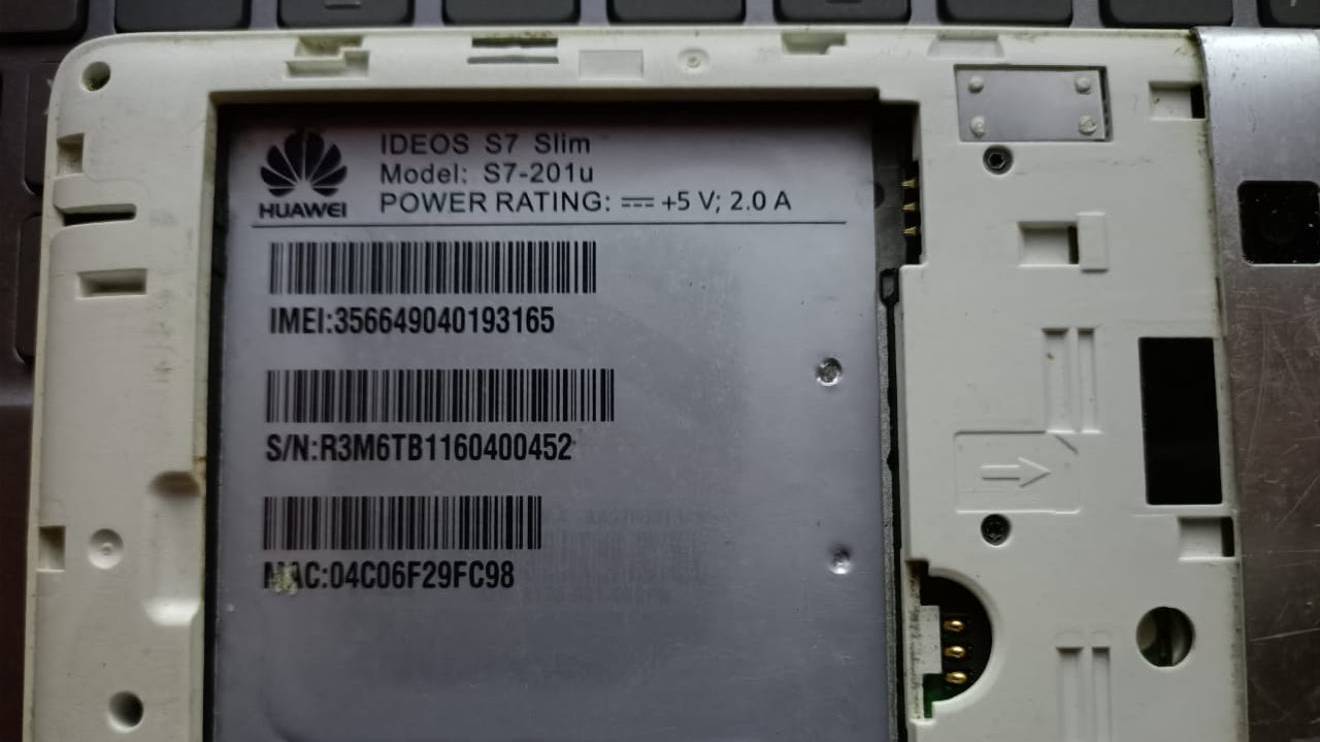
 (1)-1732264169.jpg)

